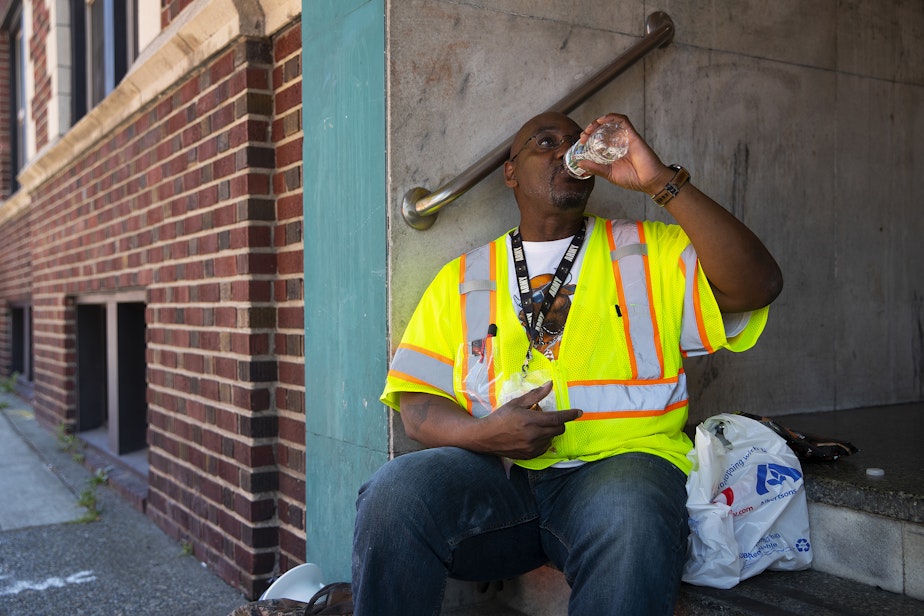Washington state enacts new rules to protect outdoor workers from extreme heat

A set of new and permanent rules aimed at protecting outdoor workers from the scorching heat took effect Monday.
The new policy requires Washington state employers to provide more frequent breaks, more shade, and cool drinking water to workers, and remains in effect year-round.
As the Pacific Northwest saw record-breaking heat in the summer of 2021, the Washington State Department of Labor & Industries enacted temporary emergency heat rules. Those protections ended later that year, prompting the passage of the standing rules implemented this week. The new policy also reduces the threshold for heat rules to become active to 80 degrees.
Ryan Allen is with the Department of Labor & Industries. He said that under the new rules, new employees will be given a chance to acclimate and adapt to their new working environment. He pointed out that some workers could be coming from other states or other parts of the world. “They're not used to the heat,” Allen said.
Those who work in the heat will also get additional breaks from the sun, depending on how hot it is. At 90 degrees or higher, workers will get a 10-minute break every two hours. When temperatures reach 100 degrees, workers get a 15-minute break every hour.
“These breaks allow them to remove themselves from the sun and allow their core body temperature to go down,” Allen said.
He added that these rules help prevent heat-related illnesses and other injuries. Extreme temperatures can make workers more vulnerable to other injuries, Allen said, like falling from ladders as a result of exhaustion. He also mentioned that that it's especially important to make these protections permanent because the “climate is shifting, and the state is experiencing more days with extreme temperatures.”




